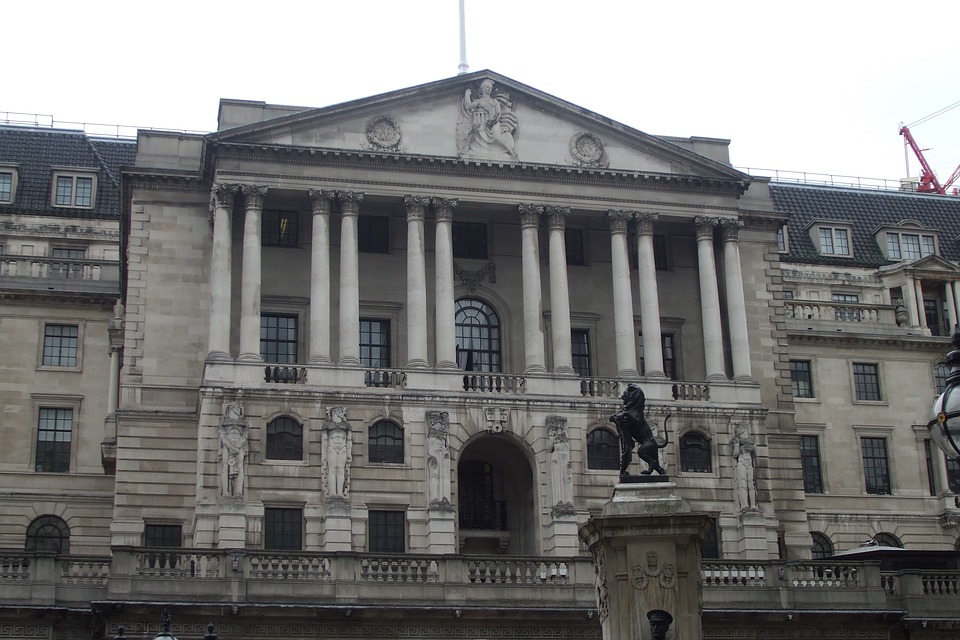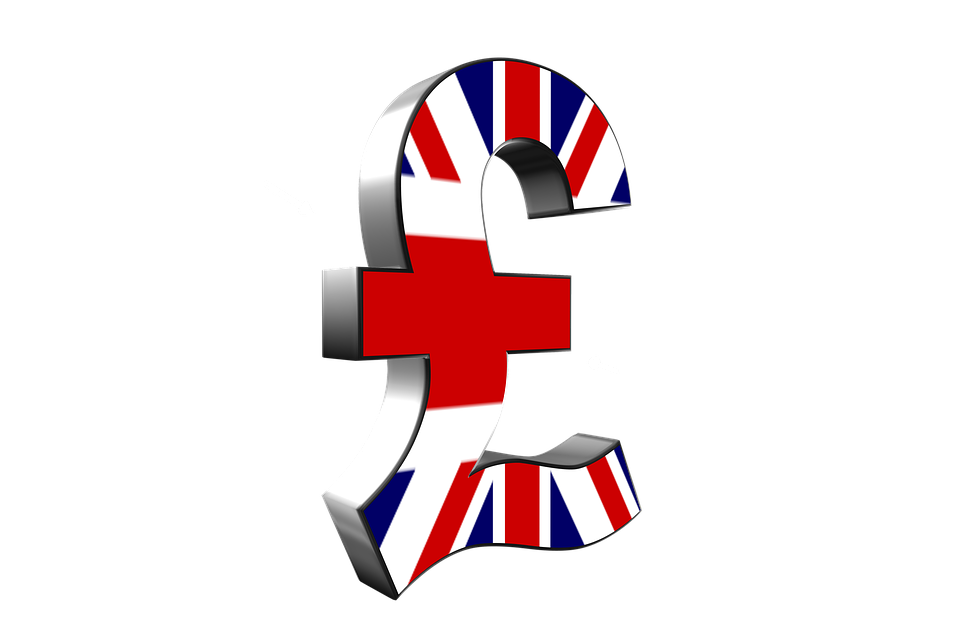The BoE is preparing to announce its latest interest rate decision tomorrow, as it closely monitors the UK economy’s rebound from the record 20.4 per cent contraction in the second quarter.
Since then, there have been many positive signs. The economy grew by a huge 8.7 per cent in June and another 6.6 per cent in July. More recently, Britons were enticed to the high street by August’s Eat Out to Help Out scheme.
But there are challenges on the horizon. First and foremost is the worrying rise in coronavirus cases and new restrictions. Inflation also fell to 0.2 per cent in August, well below the Bank’s two per cent target.
That’s a lot for the Bank of England to consider. And analysts are united in saying the BoE will leave interest rates on hold at 0.1 per cent and its bond-buying target at £745bn.
They say that the Bank is more likely to increase stimulus in November after seeing how the economy and inflation fare.
Further stimulus will wait until November
“Even if the Bank felt more loosening was ultimately going to be required, we see little benefit to the Bank announcing it now,” said George Buckley, chief UK economist at Nomura in a note to clients.
To find out more about how we can assist you with your Second Charge Mortgage please click here
Buckley pointed out that the Bank’s current bond-buying programme is scheduled to be completed around December. So, he said, “why not wait until the November meeting when the MPC [monetary policy committee] will have the luxury of analysing another seven weeks of economic data?”
Howard Archer, chief economic adviser to the EY Item Club, agreed. “There seems little need for further MPC stimulus action – for the time being at least,” he said.
“It currently looks very possible that GDP growth in the third quarter could be around 15 per cent following the record 20.4 per cent contraction in the second quarter.”
Analysts say that if the Bank decides to act in November, as many predict it will, it is likely to increase bond-buying rather than cut interest rates further.
Bank could take a ‘dovish turn’
In August, the Bank predicted economic growth would be better than expected in the near term. Yet it was more pessimistic longer-term, saying the economy would regain its pre-pandemic size at the end of 2021.
Its forecasts were more upbeat than most, however. Jacqui Douglas, chief European macro strategist at TD Securities, said in a note that the Bank therefore could well take a “dovish turn” tomorrow. She predicted there will be “more focus on the downside risks to growth going forward”.
Although the Bank is not publishing any new forecasts, it has tended to enlarge on its decisions in a statement.
Douglas said: “The downside risks to the outlook have come into sharper focus.” She cited “an upcoming wave of job losses to the challenge of controlling Covid outbreaks to Brexit negotiations”.
UK inflation also dropped to 0.2 per cent in August, dragged down by the Eat Out to Help Out discount meal scheme. But that was better than the Bank had expected.
Nomura’s Buckley said that there is a chance Jonathan Haskel or Michael Saunders could vote for more bond-buying during this meeting. They have traditionally been more dovish MPC members, and Saunders recently said it is “likely” more easing will be required.
What has the Bank of England done so far?
The Bank slashed interest rates to a record low of 0.1 per cent from 0.75 per cent in two special meetings in March.
It also beefed up its quantitative easing programme – through which it creates money and buys bonds to keep borrowing costs low – to £645bn in March. The Bank then increased its bond-buying target to £745bn in June.
The MPC has also put negative interest rates in its “toolbox” of possible measures for the first time.
However, at its August meeting it did not sound too keen to actually get them out and use them. It said that “negative policy rates at this time could be less effective as a tool to stimulate the economy”. The Bank added that “the MPC has other instruments available”.
By Harry Robertson
Source: City AM



